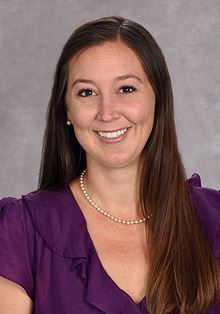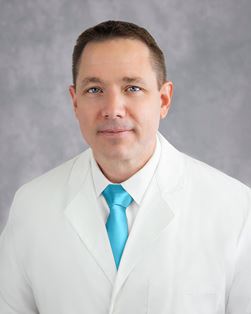1571-1580 of 3398 Results Found
Condition
Facioscapulohumeral Muscular Dystrophy in Children What is FSHD in children? Facioscapulohumeral muscular dystrophy (FSHD) is a rare genetic muscle disease that affects the muscles of your child’s face, shoulders, upper arms, and lower legs. These muscles weaken and shrink
Condition
High Blood Pressure in Children and Teens What is high blood pressure in children? Blood pressure is the force of the blood pushing against the artery walls. Two numbers are recorded when measuring blood pressure: Systolic pressure. This is the higher number. It refers to the

Condition
Tongue-Tie (Ankyloglossia) in Children What is tongue-tie in children? Tongue-tie (ankyloglossia) is a problem with the tongue that is present from birth. It causes speech and eating problems in some children. The lingual frenulum of the tongue is a small fold of tissue that
Condition
Scleroderma in Children What is scleroderma in children? Scleroderma is an ongoing (chronic) disease that causes abnormal growth of connective tissue. It can affect the joints, skin, cartilage, and internal organs. It is a rare degenerative disease and gets worse over time. There
Condition
Ataxia Telangiectasia (A-T) What is ataxia telangiectasia (A-T)? Ataxia telangiectasia is a rare childhood disease that affects the nervous system, immune system, and other body systems. It is an inherited disease. The symptoms of A-T often begin to show up by age 5. How to say
Condition
Newborn Screening Tests What are newborn screening tests? The U.S. has a national program of newborn screening tests. These check for health disorders that can be treated if they're found very early in life. If the screening test results are abnormal, it means more tests need to
Condition
Arrhythmias in Children What are arrhythmias in children? An arrhythmia is an abnormal heart rhythm. When a child has an arrhythmia, abnormal electrical signals sent through the heart muscle may cause the heart to beat too fast (tachycardia), too slow (bradycardia), or in an

Condition
Nosebleed (Epistaxis) in Children What is a nosebleed in children? A nosebleed is bleeding from tissues inside the nose (nasal mucus membranes) caused by a broken blood vessel. The medical word for nosebleed is epistaxis. Most nosebleeds in children occur in the front (anterior)
